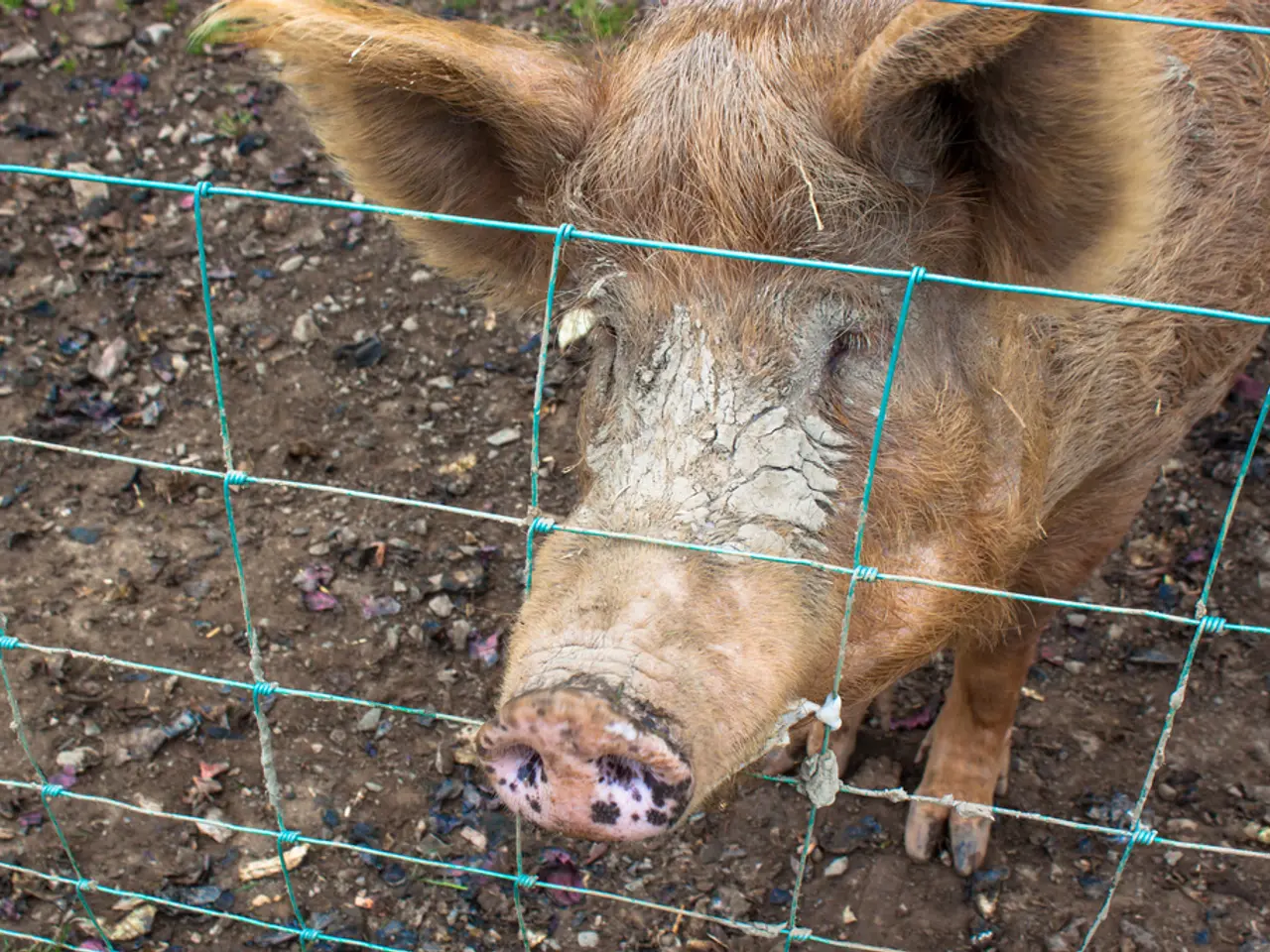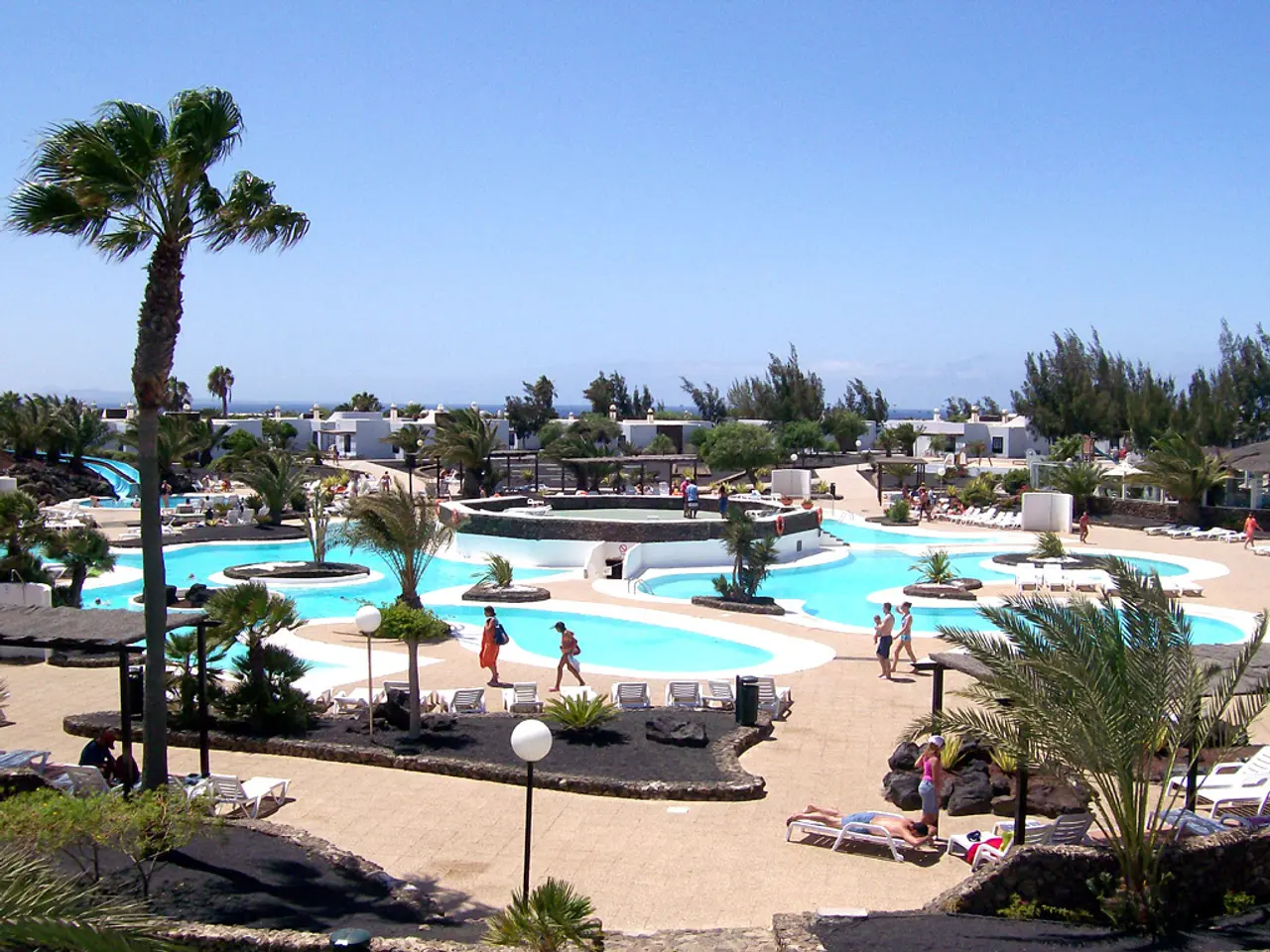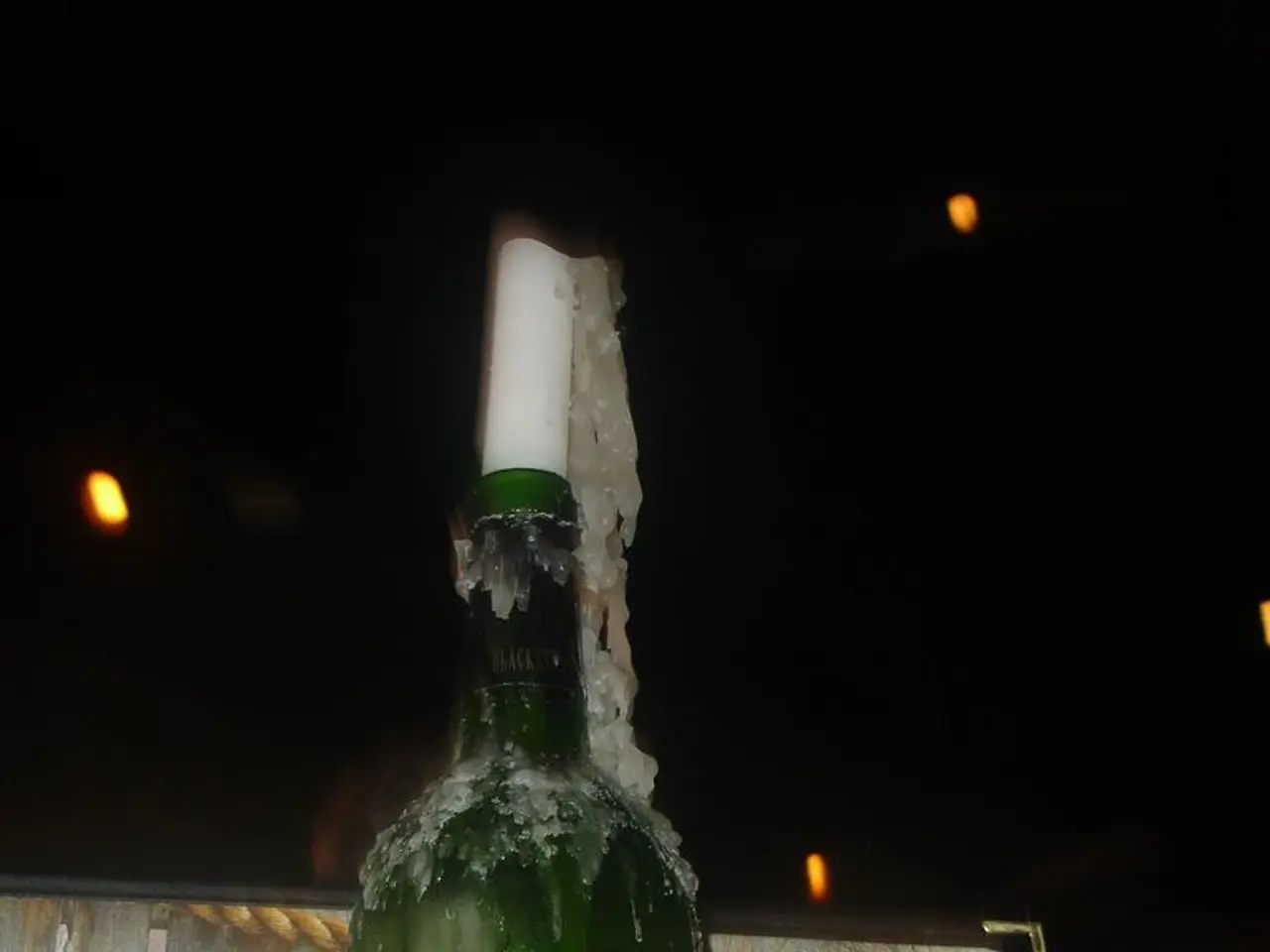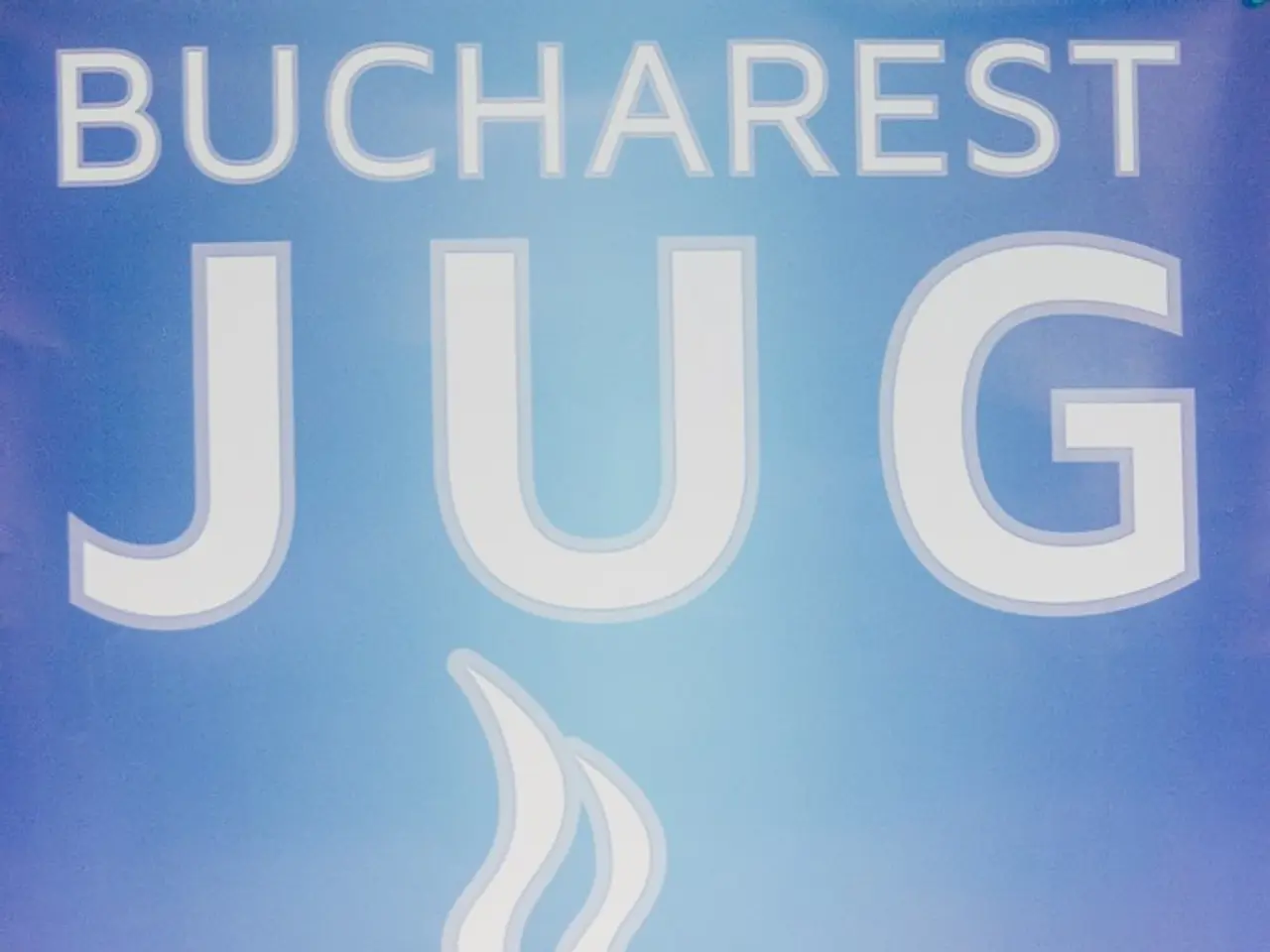Minnesota's Gambling Transformation: Tracing the Path from Illegality to Legitimacy
In the 1970s, a significant legal case known as the Bryan Case unfolded, involving the Leech Lake Band of Ojibwe and a tax dispute. This case led to a landmark U.S. Supreme Court ruling that states cannot interfere with civil matters on reservations, marking a turning point in the relationship between Native American communities and civil law. However, due to a lack of specific details about the Bryan Case, its direct impact on Native American casino gambling or gambling legislation across the United States remains unclear.
The history of gambling in Minnesota reflects broader social and legal shifts, representing a story of adaptation, resistance, and acceptance. Initially, gambling was prohibited, embedded in the Constitution in 1858 due to strong religious values. The first legal form of gambling in Minnesota came much later, with bingo for charitable causes legalized in 1945.
Over subsequent decades, Minnesota's stance on gambling gradually loosened. The state now boasts 18 casinos, significantly transforming the economic landscape for many Native communities. This diversified gambling landscape is a testament to the evolving approach to gambling over the past half-century.
The evolution of gambling regulations in Minnesota can be attributed to a combination of factors, including changing societal values and political pressures. Bill Convery, director of research at the Minnesota Historical Society, highlights these factors as key drivers in the state's shift towards a more permissive gambling environment.
The U.S. Supreme Court's 2018 decision opened the possibility for sports betting in Minnesota, adding another chapter to the state's complex relationship with gambling. Recent years have seen ongoing debates and changes in gambling laws, with the push towards legalizing sports betting being a prominent issue.
Charitable gambling has also proliferated in Minnesota, with revenues supporting various causes such as military service honours, youth sports, and environmental causes. This charitable aspect of gambling has become an integral part of the state's approach to gambling today.
It's important to remember that help is available for those struggling with gambling-related issues. The Minnesota Department of Human Resources offers support at 800-333-HOPE, and more information can be found at GetGamblingHelp.com.
The story of gambling in Minnesota continues to unfold, with each chapter shaping the state's approach today. As the state navigates the challenges and opportunities presented by the changing gambling landscape, one thing is clear: the evolution of gambling regulations in Minnesota is a story of adaptation, resistance, and acceptance.
[1] [2] [3] - Sources discussing ongoing casino licensing and expansions in the New York area and conflicts between tribal gaming operators and prediction markets, but do not mention any judicial cases named Bryan or their effects on the law.
- The diversified gambling landscape in Minnesota, comprising casino-games and sports-betting, mirrors the ongoing gambling-trends across the United States, reflecting a combination of changing societal values and political pressures.
- Charitable lotteries in Minnesota, supporting various causes such as youth sports and environmental initiatives, have become an intrinsic part of the state's approach to gambling, contributed to by the rising popularity of casino-and-gambling.
- As Minnesota contends with the challenges and opportunities presented by the evolving gambling landscape, ongoing debates and changes in gambling laws, such as the licensing of additional casinos, continue to shape its stance on this subject.





